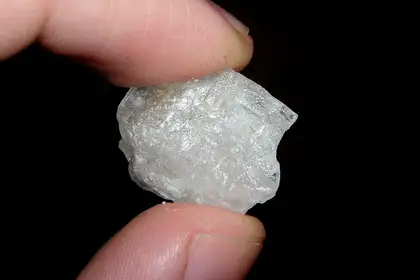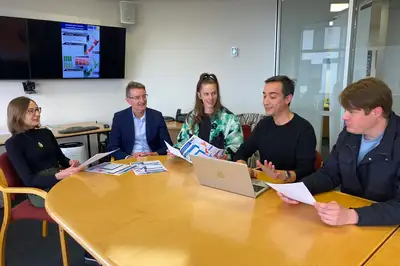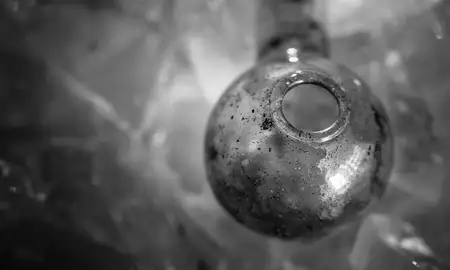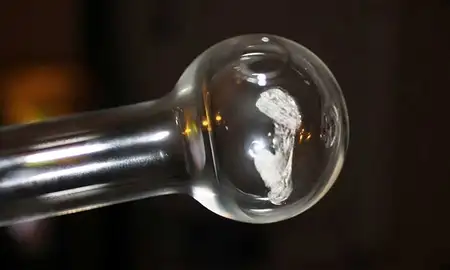
The New Zealand Drugs Trends Survey (NZDTS) is carried out by the Drugs Research Team at Te Kunenga ki Pūrehuroa Massey University’s SHORE & Whāriki Research Centre. The online survey was completed by 13,026 New Zealanders from around the country between August 2022 and February 2023.
Drugs Research Team leader Associate Professor Chris Wilkins says the high level of gang selling of methamphetamine in the South Island may reflect gang market expansion strategies and the founding of so called ‘501’ gangs.
“There have been reports of established North Island gangs expanding meth selling into the South Island to take advantage of higher meth prices and new market opportunities. At the same time, new chapters of international gangs have been formed by 501 deportees in the South Island who have drawn on their international networks to provide new sources of meth supply, challenging established groups.”
Dr Wilkins adds that the NZDTS found higher levels of cannabis purchasing from gangs and drug houses in the East Coast and Central North Island.
“Cannabis markets are traditionally known for their low social impact, generally involving private transactions among people who know each other. In contrast, the sale of cannabis via gang-controlled ‘tinny’ houses increases the risk of victmisation and inter-gang violence, while also attracting adolescent buyers and increasing drug availability in vulnerable neighbourhoods.”
A significant minority of NZDTS respondents reported experiencing victimisation while purchasing drugs in the past six months, including receiving fake and unsafe drugs.
The NZDTS also found rising drug purchasing from social media and messaging apps.

The Drugs Research Team from left: Dr Marta Rychert, Associate Professor Chris Wilkins, Robin van der Sanden, Dr Jose Romeo and Thomas Graydon-Guy.
Researcher Robin van der Sanden says, “These markets take advantage of the streamlined social networking and in-built platform/app features such as self-deleting messages and encryption to organise quick, convenient transactions between buyers and sellers in predominantly local drug markets completed via in-person pick up or delivery.”
Finally, a small group of respondents reported purchasing drug types like MDMA and psychedelics from encrypted ‘darknet’ websites with cryptocurrency, like bitcoin.
“The emergence of New Zealand’s own darknet market ‘Tor Market’ has likely facilitated more purchasing from domestic rather than international darknet vendors, thereby reducing the risk of mailed packages being intercepted by Customs and Police,” Dr Wilkins explains.
The research bulletins are available here.
The Drugs Research Team consists of Associate Professor Chris Wilkins, Dr Marta Rychert, Dr Jose Romeo, Robin van der Sanden and Thomas Graydon-Guy.
Related news
Drug Trends Survey shows increase in cannabis availability, while meth prices continue to drop
Findings from the 2022/23 New Zealand Drug Trends Survey show a sharp increase in cannabis availability and decrease in price, as well as an ongoing decline in the price of methamphetamine.

Methamphetamine prices drop to record low
The price of a gram of methamphetamine has dropped to record lows in three North Island regions, while many South Island regions are also reporting substantial declines in prices.

Surge in Auckland meth supply continues
Findings from the latest Illicit Drug Monitoring System study show increasing availability of methamphetamine in Auckland, consistent with evidence of growing international supply.
